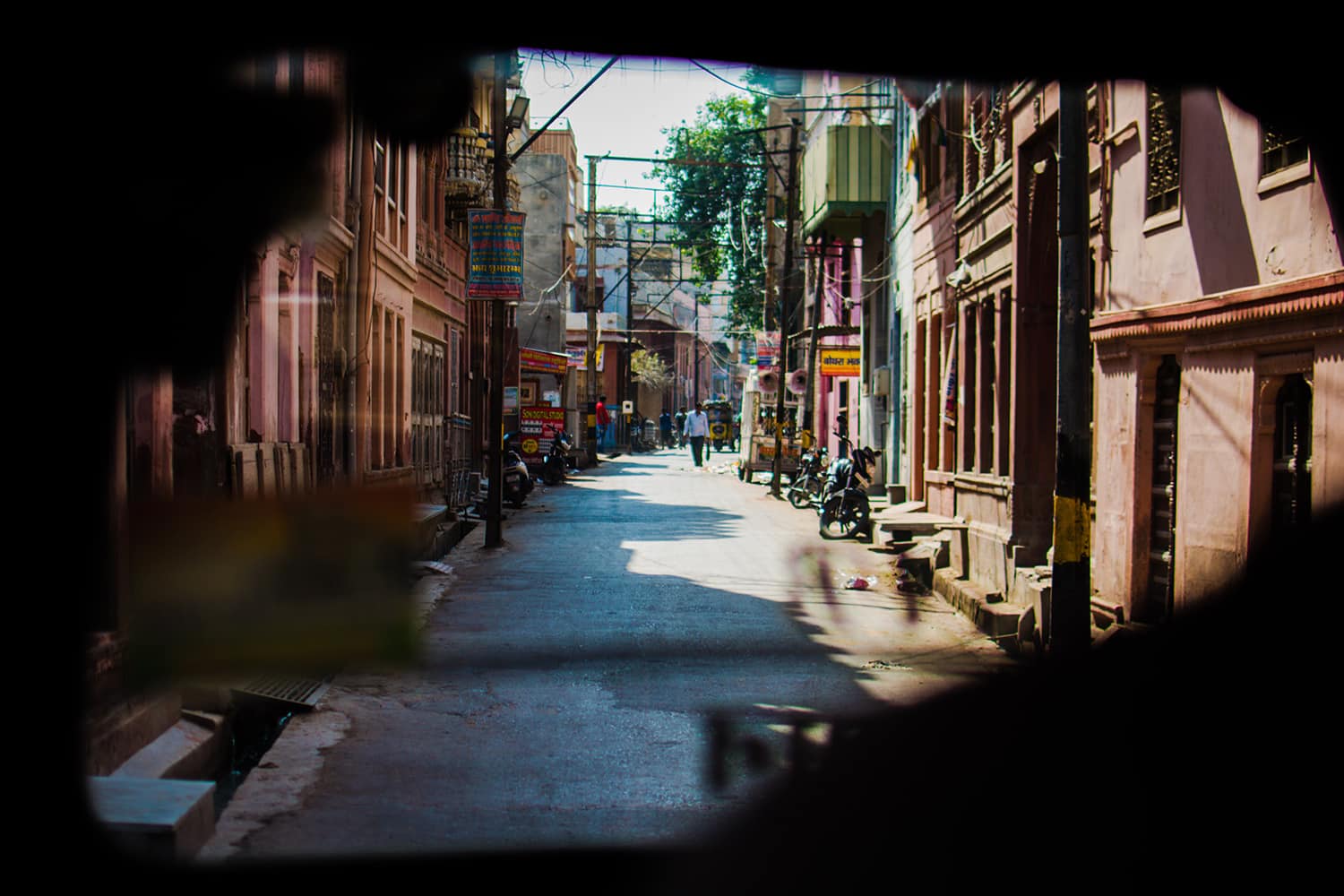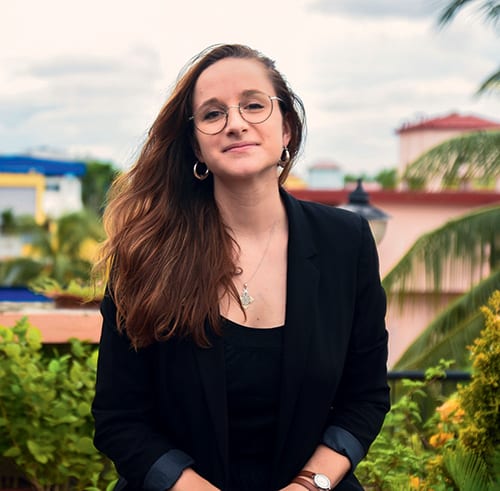How Can We Support Education and Development in the Middle of a Pandemic?

THE ANSWER FROM… INDIA
I came to Calcutta wanting to work in education. I was recruited by TechnoIndia, the leading group of private educational institutions in West Bengal, a communist region where private education is really not on a roll. On TechnoIndia’s campuses, there are as many privileged students as ones from rural backgrounds. The latter are often the first in their families to get an education, and many do not have access to a computer at home. In addition, these schools operate in a very traditional way. Before the pandemic, there were no online interactions. The health crisis considerably upset the way we did things. Overnight, we had to adapt to huge technological challenges: get ready to use Zoom and Google Classroom, and train our teachers to lead virtual classes. The lockdown thus accelerated a transition toward a more hybrid methodology involving a mix of in-person and online learning, but it also exacerbated the digital gap in a country plagued by social inequalities. Internet access is a crucial issue in India. Many families can’t afford an Internet connection. And, in May last year, a cyclone devastated the region as well as neighboring Bangladesh. For two weeks, we didn’t have electricity or WiFi.
With the world’s second-highest number of covid cases (8.4 million), India has kept its schools closed since March 2020.
TechnoIndia is in discussions with service providers to alleviate this lack of connectivity, but nothing has been finalized yet. The government recently announced a regulation requiring private schools to reduce their fees by 20%. This is a good thing. Students won’t have to continue to pay the same price for online classes as for in-person ones. We have put this directive in place and have also agreed to adjust our salaries. Unfortunately, this was one of the rare wise decisions taken by the Modi government, which is very nationalistic. On October 24, it adopted the Foreign Contribution Regulation Act. This is legislation that poses problems for NGOs, and my non-profit, Y-East, is directly affected. To give a concrete example, even though many foreign entities want to make donations to sustainable-development projects, this law forbids me from forming any partnership with a foreign donor until our non-profit has been operating in India for five years! So, I had to refuse a donation from River Rangers, an Australian program aimed at making children aware of the importance of biodiversity. Even Amnesty International has cancelled its activities in the country. It’s worrisome for the future.
I have been working only from home since last March. Now I’m able to start thinking about the longer term! Y-East has a major project in the works: to establish an e-learning platform on sustainable development. Given India’s social inequalities, though, there’s little chance that the Indian economy will go green. The covid crisis will last longer than anticipated; India is still in the first wave…. Calcutta took two months to recover from the cyclone. Of all the big cities in the world, it is the most at risk for disappearing under water. I’m still hopeful, because one of India’s strengths is its ability to be flexible, to innovate, and to find solutions in spite of limited resources. This even has a name: jugaad, which can be translated as “frugal innovation”. There are some positive things about the current situation. I’ve noticed that the countryside has changed a lot. I have never seen Calcutta’s skies so blue; normally you can’t see the sky at all. I’ve even heard that leopards are coming back to cities!

PAULINE LARAVOIRE (M.18), based in Calcutta for the past two years, works for the private-schools group TechnoIndia and co-founded the non-profit Y-East, whose goal is to support sustainable-development initiatives. She shares her perspective on the unprecedented crisis India’s educational institutions and non-profits are currently facing.
Published by La rédaction

